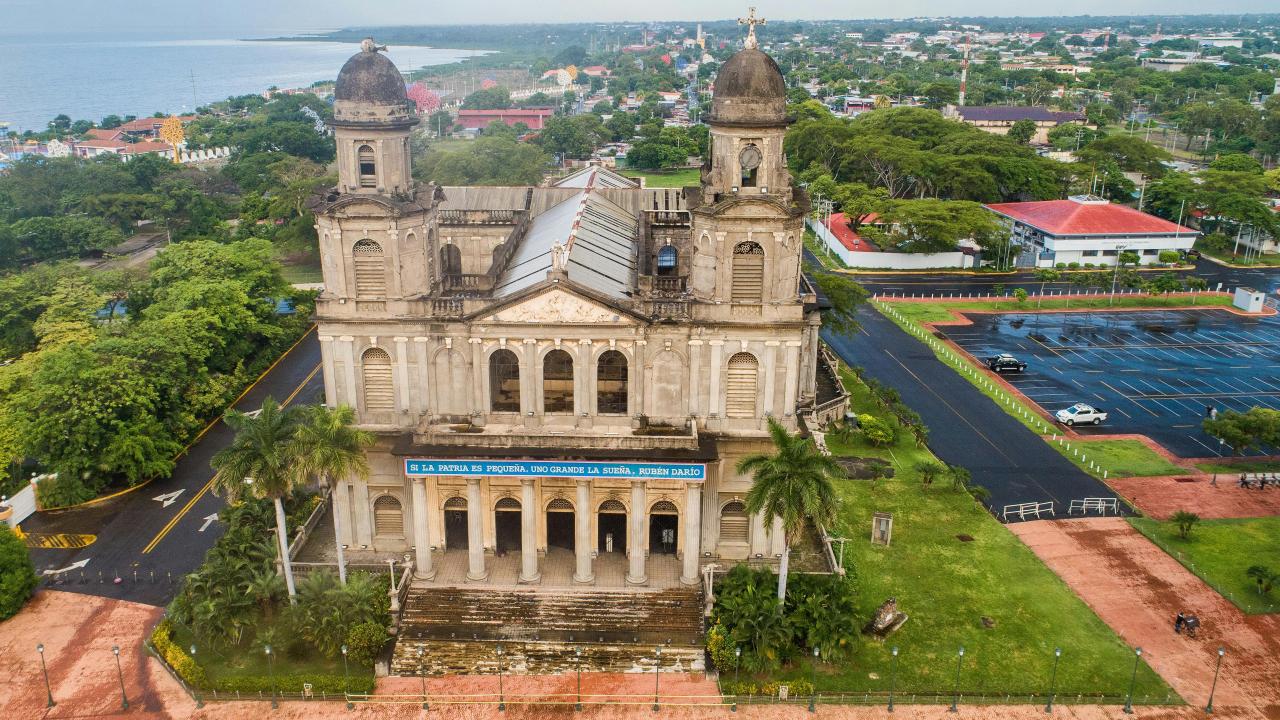
Ortega and Murillo will be "co-presidents" and will oversee the media and the Church. They will also create a "voluntary police" in a "revolutionary" and socialist regime.
Nicaragua's National Assembly approved a constitutional reform on Friday that grants absolute control of the powers of the State to President Daniel Ortega and his wife Rosario Murillo.
The body, controlled by the ruling Sandinista National Liberation Front (FSLN), approved "unanimously" the initiative presented on Tuesday by the president, announced parliamentary leader Gustavo Porras before the plenary.
The controversial reform extends the presidential term from five to six years, and confirms the power that Murillo already has by equaling that of Ortega, as she raises her rank from vice president to "co-president."
Ortega and Murillo will control all the powers of the State and will monitor the media and the Church
The text grants total power to the government, stating that the co-presidents will coordinate "the legislative, judicial, electoral, control and oversight, regional and municipal bodies," which the Constitution previously recognized as independent.
The reform establishes that the Ortega-Murillo regime will "monitor" the press and the Church so that they do not respond to "foreign interests."
It also makes official the withdrawal of Nicaraguan nationality from those considered "traitors to the homeland," as the government did with some 450 critics and opponents in recent years.
A "voluntary police" for a "revolutionary" and socialist regime"
The amended Constitution also creates a "voluntary police force" made up of civilians, as an "auxiliary and support body" for the security forces, which refers to what happened in 2018.
In the reform, Nicaragua is also defined as a "revolutionary" and socialist state, and includes among its national symbols the red and black flag of the FSLN, a former guerrilla group that led a popular insurrection that overthrew dictator Anastasio Somoza in 1979.
Ortega, a 79-year-old former guerrilla who ruled Nicaragua in the 1980s after the triumph of the Sandinista revolution, returned to power in 2007. Since then, he has established a "dictatorship" and "nepotism" with his wife, critics say.
Both radicalized their positions and increased their control over Nicaraguan society after the 2018 protests, whose repression left 320 dead according to the UN.









